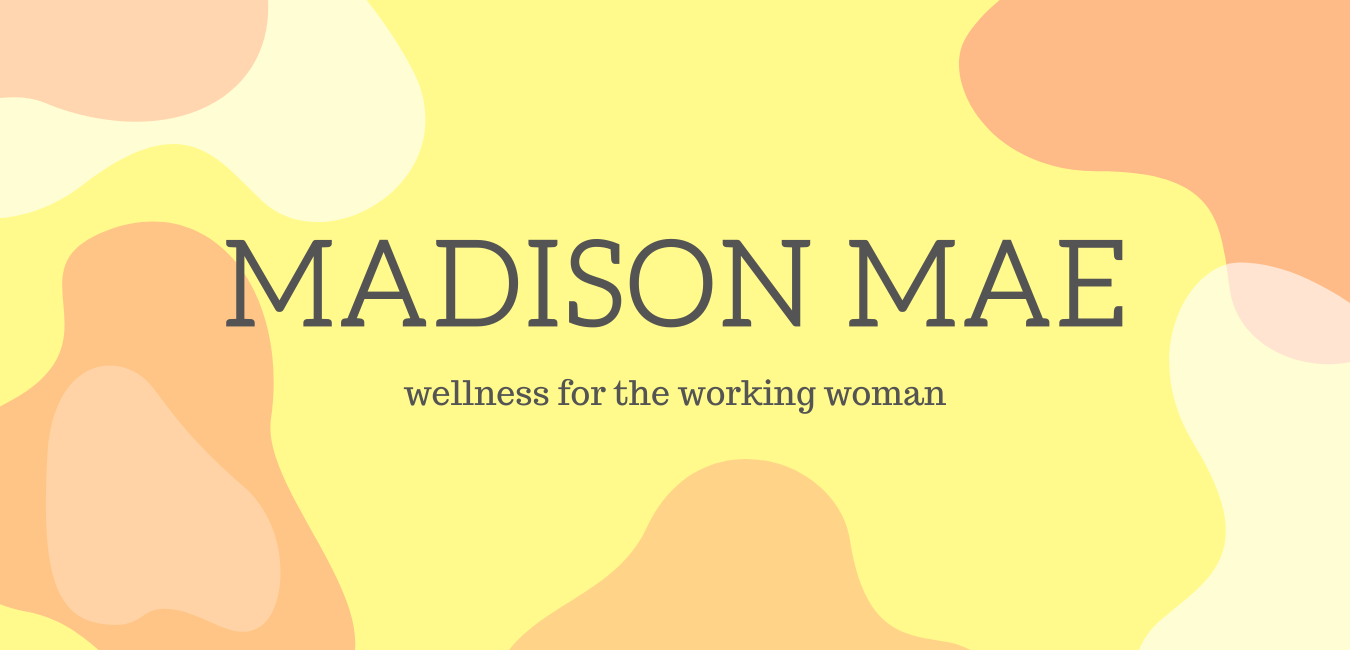5 Potassium Rich Foods to Eat Everyday
There are many foods with higher potassium than bananas. While bananas are great, they are also high in sugar, so it’s important to find a balance of potassium-rich foods that aren’t so high in sugar.
Why are potassium-rich foods important?
First, you may be wondering. Why potassium? Why is it so important?
We are living in a time where our soil is depleted of nutrients and it is harder than ever to get the minerals we need for optimal health. This makes it even more important to be conscious of the minerals we ARE (or aren’t) getting through our diets.
Potassium is vital for everyday functions of the body. When you aren’t getting enough potassium, you may notice muscular, heart, nerve, and GI issues. Potassium helps in lowering blood pressure and regulating water retention.
It is also vital in the proper working of the sodium-potassium pump. This is the mechanism your cells use for proper organ function! Without the right balance of potassium to sodium, this process doesn’t work as expected.
Potassium Rich Foods
Coconut Water
Coconut water is a great source of minerals and electrolytes. There’s a reason why it’s a go-to when you’re dehydrated! 1 cup of coconut water typically has 600mg of potassium. I like to use coconut water as a base in smoothies or simply mix it with some water and electrolyte powder for a refreshing drink.
Avocados
Avocados are great for so many reasons and their potassium content is one of those! They are a healthy fat that everyone should be eating every day. You can add half an avocado to a smoothie (with your coconut water) for some extra creaminess, spread it on some toast with some eggs, or slice it on top of a stir-fry. 1 avocado contains nearly 700 mg of potassium. Eat the whole thing throughout the day or even just half to supplement your meals.
Bone Broth
Bone broth is great for so many things, potassium being just one of them. Not only is it low in calories and extremely high in protein, but it’s also packed with minerals! You can find around 200mg of potassium in just 1 cup.
However, to get all of the benefits, you need to make sure you are buying a high-quality bone broth that is made correctly. This means you should avoid any powders or cubes claiming to be bone broth.
A sign of a good bone broth is its texture! If it is gelatinous and giggly, that means it is rich in collagen and minerals. These can usually be found in the refrigerated or freezer section of grocery stores. I also love Kettle and Fire for an easy go-to option.
Russet Potatoes
A medium russet potato contains around 550mg of potassium. Not to mention that it is also high in other minerals like magnesium and fiber. Instead of rice or pasta, add a baked russet potato (with the skin of course!) to your lunch and dinners. This will help you get up to an extra 1,000 mg of potassium each day!
White Beans
Not only are white beans a great source of fiber, but they contain over 300mg of potassium in just 1 cup. Add these to some tuna or chicken salad with some celery and parsley and you have a mineral-rich lunch.
How much potassium do you need?
While the daily recommended value of potassium is 4,700mg, this is the absolute minimum that your body needs to function. Ideally, you’d be getting even more than this! If you’re anything like me, then this number probably seems quite daunting. It’s pretty apparent that most of us aren’t getting NEARLY close to this.
Start with tracking the potassium content in the foods you normally eat every day to see what your baseline is. Add some of these potassium-rich foods slowly week by week. Make some simple swaps like trading almond milk with coconut water or pasta with russet potatoes. I also like to add an electrolyte packet in my diet for an extra 600 mg of potassium each day!
